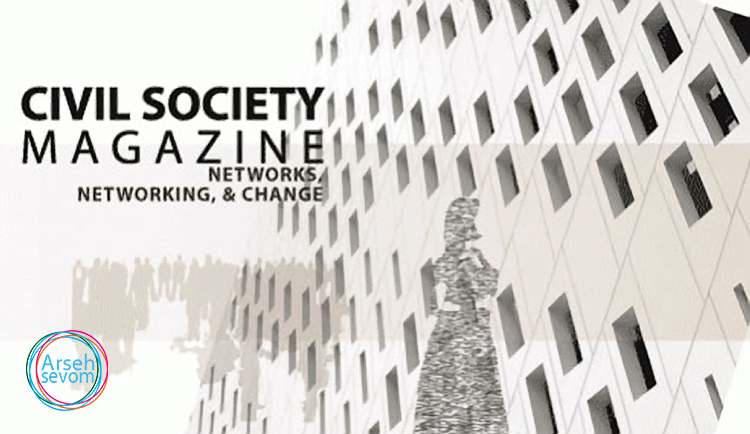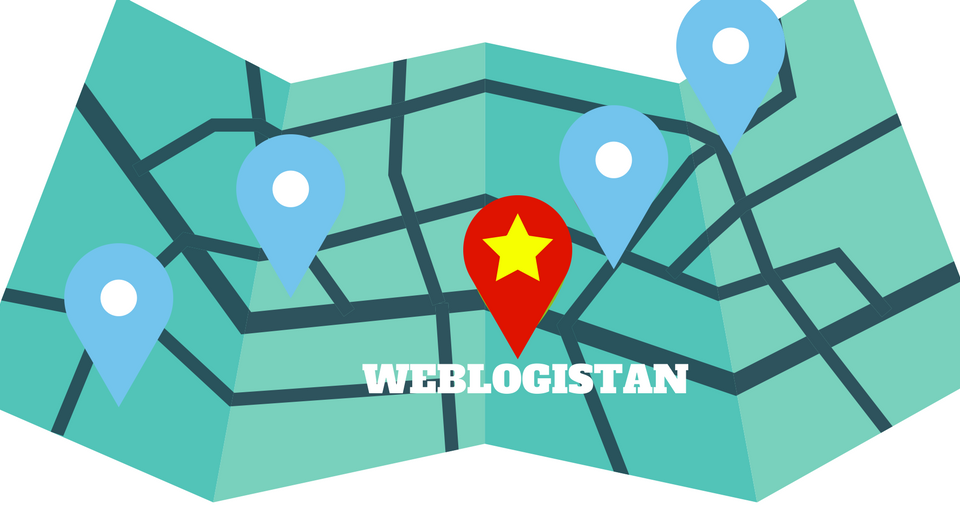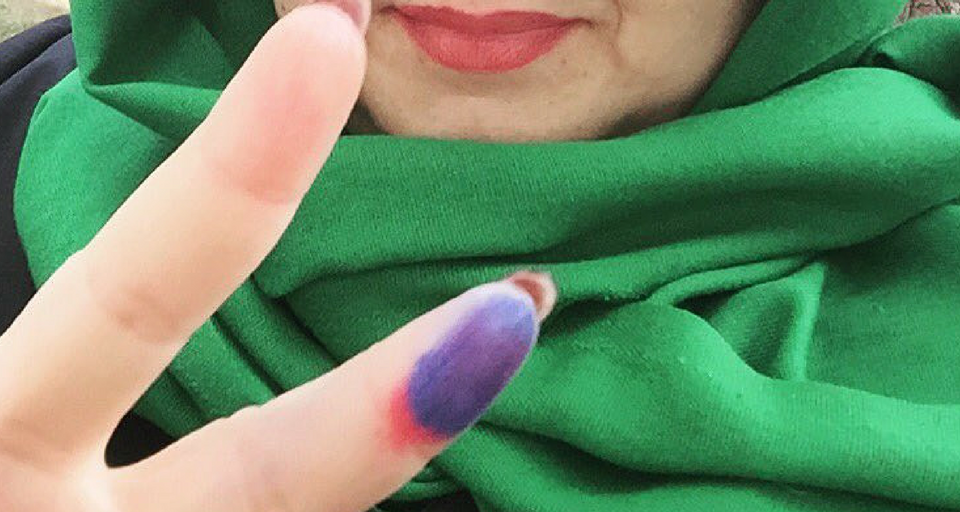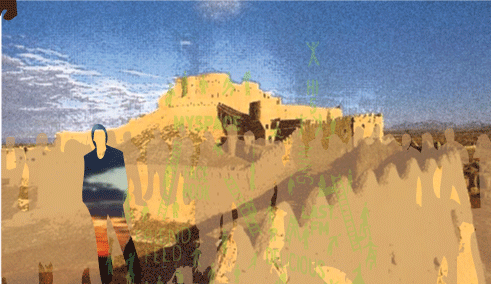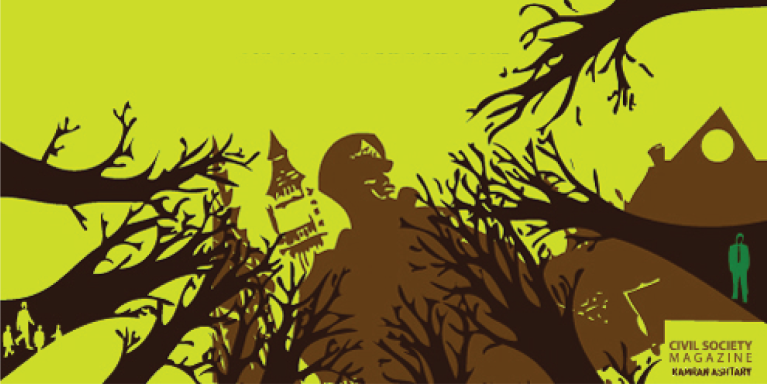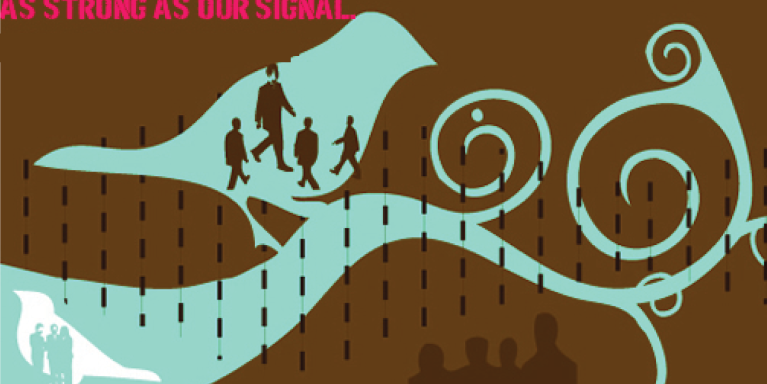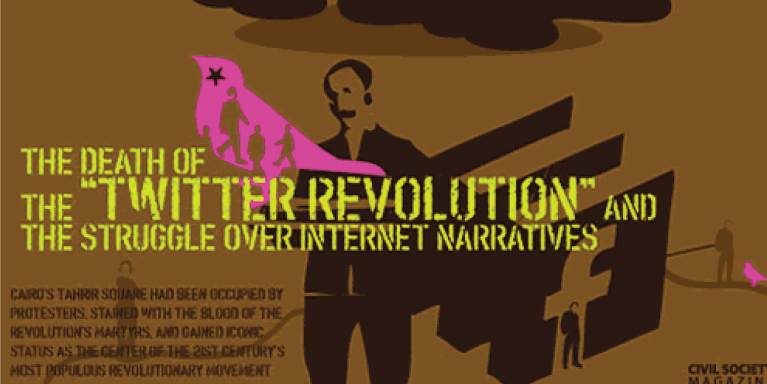July 5, 2011
- All
- Advocacy
- Annual Report
- Arseh Sevom 2017
- Attack on civil society
- Bani-Adam - Anti-Discrimination
- Bits of news
- Civil Society
- Civil Society Cookbook
- Civil Society Watch
- Contributors (Issue #1)
- Contributors (Issue #2)
- Dar Sahn
- Elections
- Environment
- Featured
- Featured Topics
- Free Speech
- Guardian Council Profiles
- Halal Internet
- HIV/AIDS
- House of Cinema
- In the news
- Infographic
- Jobs
- Jobs & Internships
- Magazine
- Networking Issue
- Newsletter
- Obstacles to Democracy
- Other Voices
- Other's Reports
- Post of the Week
- Press
- Publications
- Reports
- Research
- Resources
- Sanctions
- Simple Security
- single-page
- Statements
- Training
- What's Next?
- Woman, Life, Freedom
April 9, 2011
Can civic engagement in the virtual sphere allow repressed societies to create social capital equivalent to that seen in the open, democratic physical sphere?
April 5, 2011
By 2009, the public was primed to vote Ahmadinejad out, but activists were feeling vulnerable and isolated after years of savage persecution.
April 2, 2011
The virtual spaces were initially seen primarily as safe places to make connections; later there was increased interaction between members of the diaspora and those inside Iran.
March 26, 2011
"The only way to deal with an unfree world is to become so absolutely free that your very existence is an act of rebellion." Camus
March 25, 2011
For as long as people have looked for new opportunities, resources and biotopes, migration has taken place.
March 24, 2011
What happens to all those narratives we post, like, re-tweet, forward, share, forward, and paste after we’re done with them?
March 15, 2011
The political use of the Internet by two of Iran's distinct social movements, women's-rights activists and the reformist ulama (clerics), reveals the innovative force of this new medium.
March 15, 2011
Any elements that make controlling the internet difficult for authoritarian regimes also make it difficult to use as a targeted tool of intervention.


